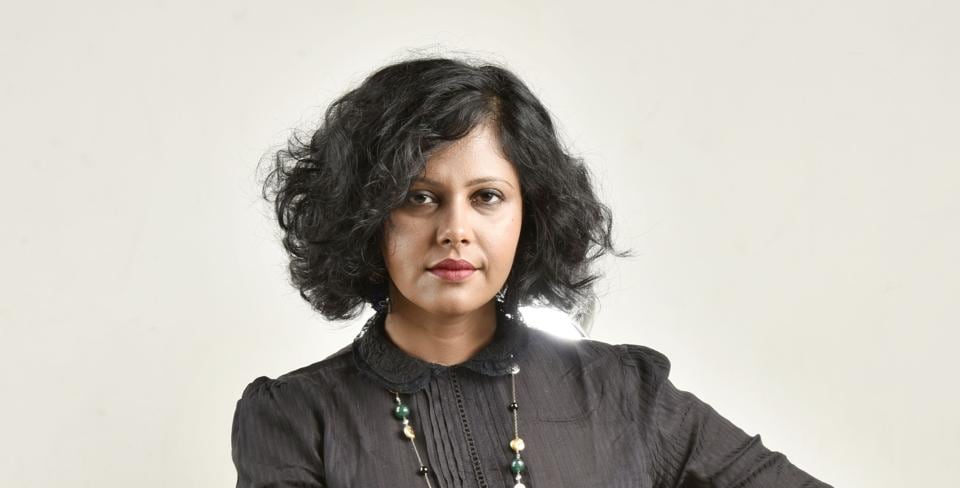Last Friday, the Election Commission of India (ECI) termed the Shiv Sena’s 2018 constitution, which had not been placed on record with the poll panel, as undemocratic because it vested too much power in the hand of the leader, although this wasn’t the reason why it ruled that the Eknath Shinde faction of the party was the real Shiv Sena (support of legislators and parliamentarians tiled the balance).

HT now learns that the poll panel’s earlier objection to making Andhra chief minister Jagan Mohan Reddy lifetime president of the Yuvajana Sramika Rythu Congress (YSRC) party, a resolution passed at the party’s plenary session in July 2022, prompted the party to issue a clarification in November, stating that this was not the case.
Post the clarification, which has not been reported to date, HT learns that ECI is scrutinising the party’s constitution to put it on their record.
“While all parties can carry out amendments, EC cannot recognise moves that are undemocratic. There were two issues that were flagged to us – one was the change of name (the party decided to stick to the abbreviated version of its name, YSR Congress Party) and the other was the lifetime presidentship (to Jagan Reddy). If the YSR party would have gone ahead with this move (the lifetime presidentship), we would have had to delist them as it is a violation of the democratic norms as defined by the Representation of the People Act,” a senior official of the poll panel said on condition of anonymity.
On November 4, the party in a letter to ECI said: “YSR Jagan Reddy was elected for a tenure of five years only. Reports unnecessarily highlighted that he was elected for life. We have full faith in democracy and we always practice the principles of democracy.” This was in response to a September order by the poll panel to publicly clarify on the reports to make Reddy the lifetime president.
“Any action which denies the periodicity of elections is in complete violation of the extant instructions of the Commission,” ECI said in its order. “If not categorically contradicted, it has the potential to create confusion in other political formations of such a move (which is widely reported in media) being condoned by the Election Commission of India and in turn can assume contagious proportions.”
A YSR party spokesperson, when contacted, said, “Some party members didn’t know that this isn’t allowed. So they moved this resolution. But when they realised that it’s not allowed, they took it back.”
The order and the clarification delayed the poll panel’s scrutiny of the party’s constitution.
A second ECI official said that, in general, while larger parties tend to follow the rules, smaller, regional parties tend to turn a blind eye to them. The recent order in the Shinde case, this person added, may force all parties to ensure that their current constitution and organisation is reflected in ECI’s records.
In Friday’s order on the Shiv Sena, ECI said: “… In a political party, qua an organisation, in itself should be a compelling basis for all national and state recognised parties to regularly disclose to public at large the key aspects of its inner party functioning, such as organisational details, holding of elections, being compliant with the conditions of registration, to follow the extant guidelines prescribed by the ECI for political parties and to ensure that their party constitution reflects democratic ethos and principles of inner party democracy and to upload the copy of Constitution and list of office bearers on their respective websites.”
The second official said that ECI is overseeing a “clean-up of all parties which started with us cracking down on RUPPs or registered unrecognised political parties, and will hopefully lead to all parties moving to democratic organisations.”







